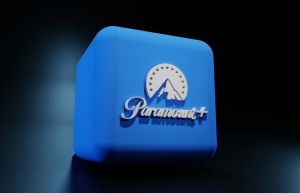Federal researchers next week will test on humans an experimental vaccine to prevent the deadly Ebola, according to The Associated Press.
The National Institutes of Health announced Thursday that it is launching the safety trial on a vaccine developed by the agency's National Institute of Allergy and Infectious Diseases and GlaxoSmithKline, and beginning Tuesday, it will test 20 healthy adult volunteers to see if the virus is safe and triggers an adequate response in their immune systems, the AP reported.
Testing will be at NIH's campus in Bethesda, Md., and involve a mixture that uses both the current Zaire strain and another strain, Sudan. In the second week of September, NIH and a British team will test that vaccine on 100 volunteers in the UK; tests will commence in Gambia and Mali in the middle of the month, according to the AP. American health officials are also talking about a future trial in Nigeria.
Then a different version of the vaccine, using only the Zaire strain, will be tested on another 20 adults in October at NIH and elsewhere in the United States, the AP reported.
Even though NIH has been testing other Ebola vaccines on people since 2003, this is a first for this vaccine, and its trial has been sped up because the outbreak in West Africa "is a public health emergency that demands an all-hands-on-deck response," said Dr. Anthony Fauci, director of the NIAID, according to the AP.
This isn't a treatment for the disease, but a hoped-for preventative measure, the AP reported. Fauci said the vaccine cannot cause Ebola in the volunteers being tested.
He cautioned that there is no guarantee it will work: "I have been fooled enough in my many years of experience," he said.
Fauci doesn't expect results from this initial round of testing until the end of the year, emphasizing that public health measures such as quarantine, isolation, infection control and personal protective devices are still the best way to fight the outbreak that so far has killed at least 1,552 people in West Africa, the AP reported.
The major target of the vaccine, if it works, would be health care workers, although residents of the area could also be eligible for the shots, Fauci said, according to the AP.
If it works, people would get one shot in the arm to protect them from an immediate threat and eventually a second shot for longer-term immunity, Fauci said, the AP reported.
© 2025 HNGN, All rights reserved. Do not reproduce without permission.








